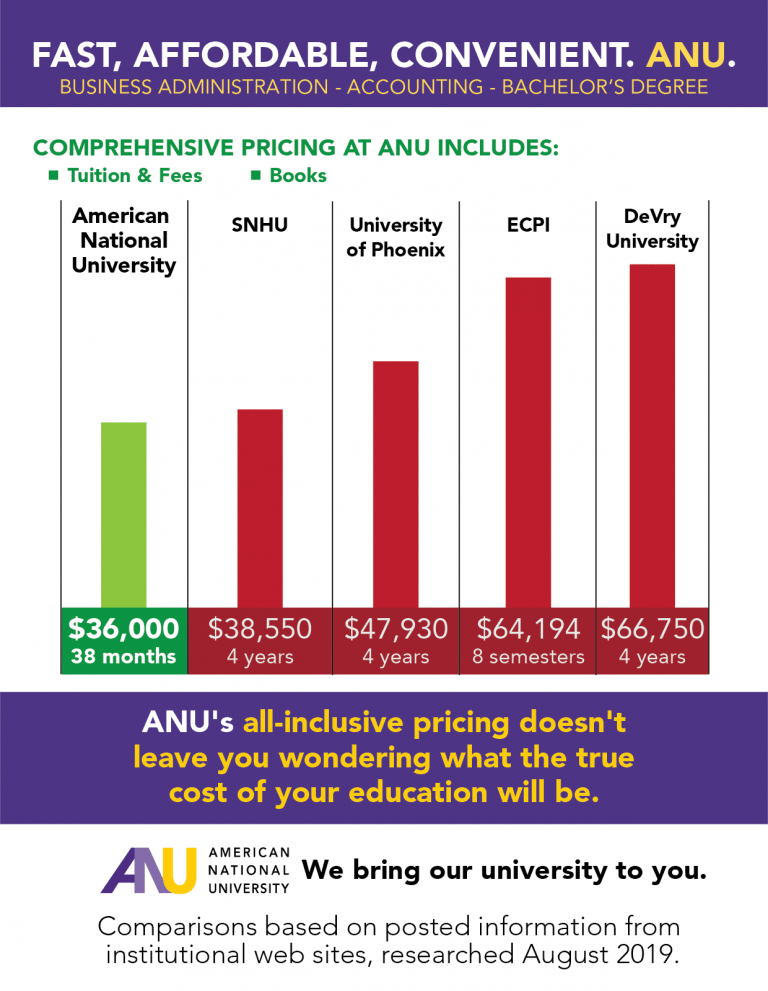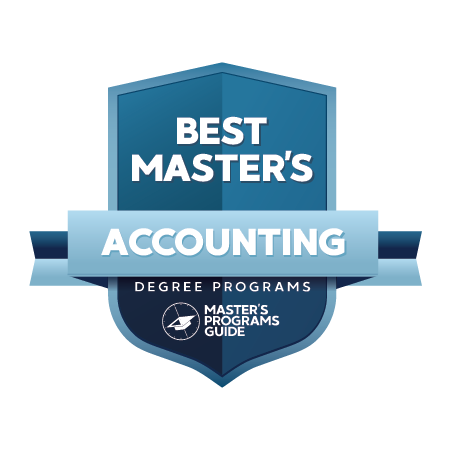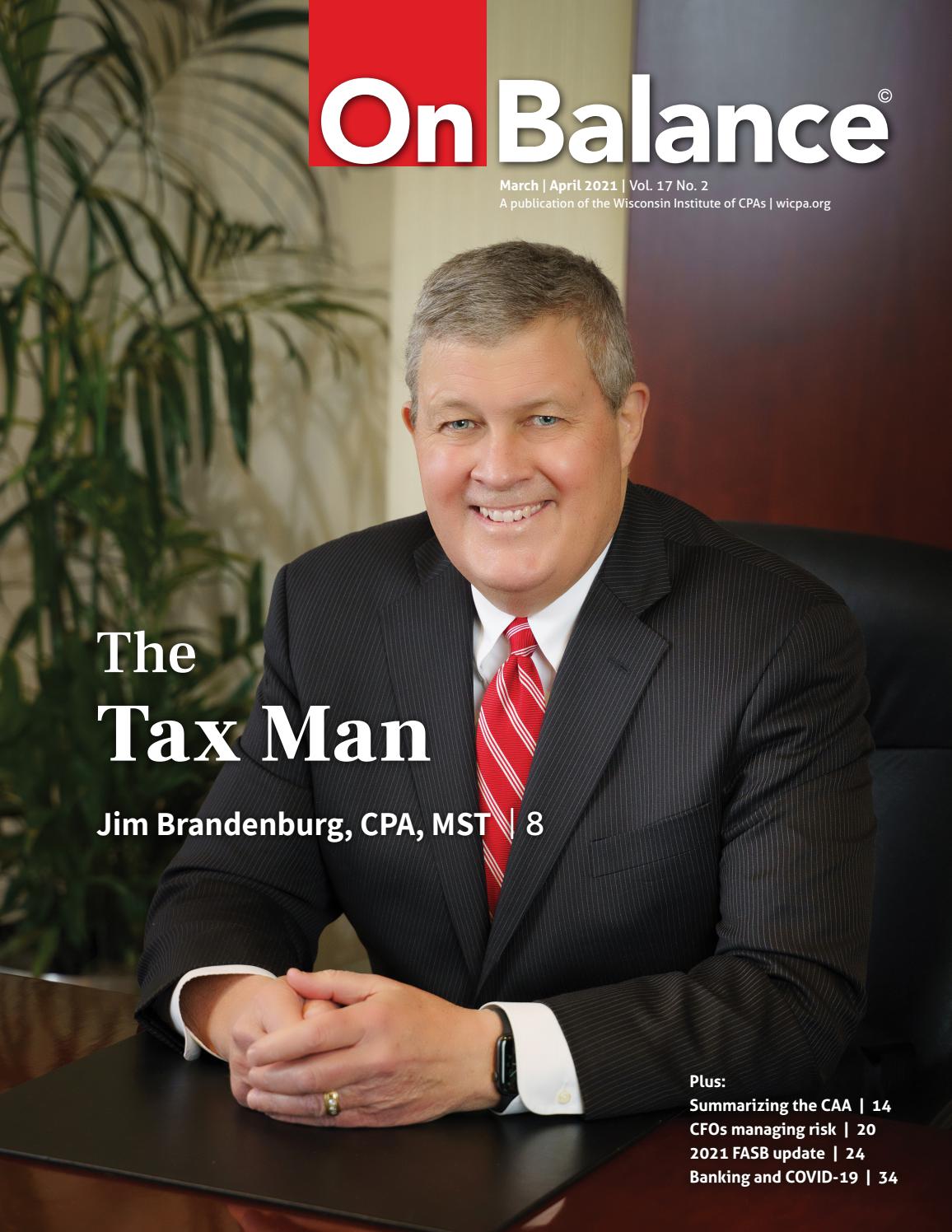
Although accountants are well-paid, they don't make millions. Some accountants make upwards of $85,000 per year, while a few high-ranking ones earn over one hundred million. Accounting can be a lucrative career if you have the right skills. Before you start looking for a job, make sure to research the salary of CPAs in your area.
CPAs have a salary that can vary from one state to the next. While the annual salary of a CPA can exceed $81,000, it will vary depending on the firm and whereabouts. The BLS projects that by 2029, the number of accounting offices will rise by almost half. The average salary for a CPA, despite this high demand is $56,000. This position is certainly not low-paying.

A junior accountant in a small company may make $50K to $75,000. However, the salary ranges from $63,000 up to $95,000 for larger firms. Senior CPAs may earn $73,000-128,000 annually. However, their pay can vary. CPAs must have at least seven years' experience in accounting to get a better salary. CPAs can also serve as managers or directors of companies.
While there are many factors that influence the salary of CPAs, experience is the most important. Generally, the more experience you have, the higher your compensation package will be. It is not easy to tell the difference between newer and experienced CPAs. CPAs' pay is determined by their experience and the organization's size. As with any profession, salary is a big factor, but perks and benefits are also a big part of the equation.
The salary of a CPA can vary by location and firm size. In the US, an entry-level CPA can earn anywhere from $40,000 to $65,000 per year. As you get more experience, your salary may increase by four to five per cent. If one has significant experience, the salary can go up to $110,000 per year. CPAs can expect an annual increase between 4 and 5 percent.

A CPA can move up to the manager or director level after gaining experience. This position requires seven years' experience and can earn a salary between $76,000 and $147,000. Experience is necessary to make more money in accounting. CPAs make a great living and the gap in salary between licensed CPAs or non-certified accountants can be significant.
The location where a Certified Public Accountant works will affect the salary. Public accountants in Dallas, Texas make between $69250 and $76,250 per year. The annual salary for senior managers and directors is $113,750, plus bonuses. CPA salaries may vary depending on their work. They are highly sought after and have a great career outlook.
FAQ
What's the difference between accounting & bookkeeping?
Accounting is the study of financial transactions. Bookkeeping records these transactions.
These two activities are closely related, but distinct.
Accounting deals primarily using numbers, while bookskeeping deals primarily dealing with people.
For reporting purposes on an organization's financial condition, bookkeepers keep financial records.
They adjust entries in accounts receivable and accounts payable to make sure that the books balance.
Accounting professionals analyze financial statements to assess whether they conform to generally accepted accounting procedures (GAAP).
They may suggest changes to GAAP if they do not agree.
Bookskeepers record financial transactions in order to allow accountants to analyze it.
What is accounting's purpose?
Accounting is a way to see a financial picture by recording, analyzing and reporting transactions between people. It allows organizations to make informed financial decisions, such as whether to invest more money, how much income they will earn, and whether to raise additional capital.
Accountants record transactions in order to provide information about financial activities.
The data collected allows the organization to plan its future business strategy and budget.
It's essential that the data is accurate and reliable.
Accounting is useful for small business owners.
Accounting isn’t only for big businesses. It's also useful for small business owners because it helps them keep track of all the money they make and spend.
You probably know how much money your business is making each month if you are a small-business owner. But what if you don't have an accountant who does this for you? It's possible to be confused about where your money is going. It is possible to forget to pay your bills on a timely basis, which can negatively affect your credit rating.
Accounting software makes it easy for you to keep track and manage your finances. There are many kinds of accounting software. Some are free and others can be purchased for hundreds or thousands of dollar.
No matter what type of accounting system, it is important to first understand the basics. This way, you won't waste time learning how to use it.
These are the three most important tasks you should know:
-
Enter transactions into the accounting system.
-
Track income and expenses.
-
Prepare reports.
After you have mastered these three points, you can start to use your new accounting software.
How do accountants function?
Accountants partner with clients to help them get the most out their money.
They work closely alongside professionals like bankers, attorneys, auditors and appraisers.
They also interact with departments within the company, such as sales and marketing.
Accounting professionals are responsible for maintaining balance in the books.
They determine the tax amount that must be paid to collect it.
They also prepare financial reports that reflect how the company is doing financially.
Statistics
- a little over 40% of accountants have earned a bachelor's degree. (yourfreecareertest.com)
- a little over 40% of accountants have earned a bachelor's degree. (yourfreecareertest.com)
- In fact, a TD Bank survey polled over 500 U.S. small business owners discovered that bookkeeping is their most hated, with the next most hated task falling a whopping 24% behind. (kpmgspark.com)
- BooksTime makes sure your numbers are 100% accurate (bookstime.com)
- Employment of accountants and auditors is projected to grow four percent through 2029, according to the BLS—a rate of growth that is about average for all occupations nationwide.1 (rasmussen.edu)
External Links
How To
How to become an accountant
Accounting is the science of recording transactions, and analysing financial data. It involves the preparation and maintenance of various reports and statements.
A Certified Public Accountant or CPA is someone who has passed an exam and received a license from the state board.
An Accredited financial analyst (AFA), or an individual who meets the requirements of the American Association of Individual Investors, is an individual who is accredited by Financial Analysts. A minimum of five years' experience in investment is required by the AAII before an individual can become an AFA. They must pass a series exam to verify their understanding of accounting principles.
A Chartered Professional Accountant, also known as a chartered accountant or chartered accountant, a professional accountant who holds a degree from a recognized university. CPAs must adhere to the Institute of Chartered Accountants of England & Wales' (ICAEW), specific educational requirements.
A Certified Management Accountant (CMA) is a certified professional accountant specializing in management accounting. CMAs must pass exams administered by the ICAEW and maintain continuing education requirements throughout their career.
A Certified General Accountant is a member of American Institute of Certified Public Accountants. CGAs have to pass several tests. One test is known as the Uniform Certification Examination.
International Society of Cost Estimators has awarded the certification of Certified Information Systems Auditor. Candidates for the CIA certification must complete three levels, which include coursework, practical training and a final assessment.
An Accredited Corporate Compliance Officer (ACCO) is a designation granted by the ACCO Foundation and the International Organization of Securities Commissions (IOSCO). ACOs must possess a Bachelor's Degree in Finance, Business Administration, Economics, or Public Policy. They must pass two written exams, and one oral exam.
A credential issued by the National Association of State Boards of Accountancy is called a Certified Fraud Examiner. Candidates must pass at least three exams to be certified fraud examiners (CFE).
The International Federation of Accountants (IFAC) has accredited a Certified Internal Auditor (CIA). The four-part exam covers topics such as auditing (auditing), risk assessment, fraud prevention and ethics, and compliance.
An Associate in Forensic Accounting (AFE) is a designation given by the American Academy of Forensic Sciences (AAFS). AFEs must have graduated from an accredited college or university with a bachelor's degree in any field of study other than accounting.
What is the job of an auditor? Auditors are professionals who conduct audits of organizations' internal controls over financial reporting. Audits can either be done randomly or based on complaints about financial statements received by regulators.